
A staff member handles a backlog of parcels at a distribution center in Taiyuan, Shanxi province, on Tuesday. (DENG YINMING/FOR CHINA DAILY)
Regulator prepared for rising demand now and over the busy holiday period
The State regulator is ensuring sufficient medical and living supplies are delivered now and during the upcoming Spring Festival holiday, to prepare for the rising demand for medicine during the latest outbreak of COVID-19 and to deal with difficulties such as courier shortages.
According to a statement from the State Post Bureau of China on Tuesday, it is making the delivery of epidemic control supplies such as drugs the top priority, especially delivering such goods in rural areas.
It also asked the sector to shoulder social responsibilities to ensure smooth delivery of postal and express services through the network, including maintaining main transportation lines and keeping parcel delivery stations open.
In addition, it stressed reinforcing inspections of safety hazards to avoid accidents.
Beijing, which has a population of 21 million, has experienced skyrocketing drug orders and courier shortages during the latest outbreak of COVID-19.
Many major parcel delivery companies, such as JD Logistics, called in couriers from other areas to help clear the backlog of deliveries.
JD Logistics is also working with online drug stores to allocate drugs in stock from neighboring areas such as Hebei province and Tianjin to ensure a stable supply of drugs, medical masks and antigen testing kits in the capital.
The company said it will add night shifts to extend delivery hours if needed. Higher salaries and bonuses are being offered to the "borrowed" couriers.
Li Jing, a Beijing resident in Chaoyang district, sent a bottle of medicine for fever to her friend in Haidian district on Tuesday.
"It was easy to place an order online and a courier showed up at my door within half an hour," she said.
She tried to send some medicine to a friend in Chaoyang last week but no courier answered the call.
Cross-regional transportation has also been affected by the epidemic. November and December are the peak season for parcel delivery. The increasing number of parcels combined with other factors related to the epidemic are leading to delays, said Liao Lingzhu, deputy director of the Beijing Postal Administration.









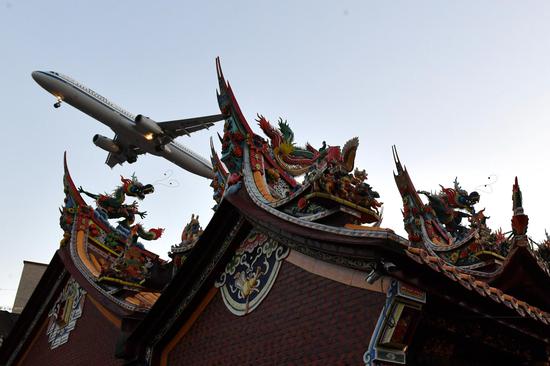

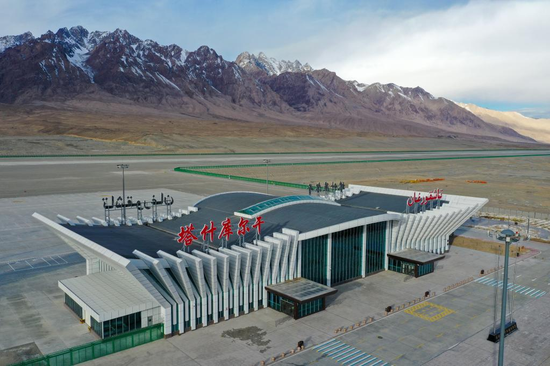


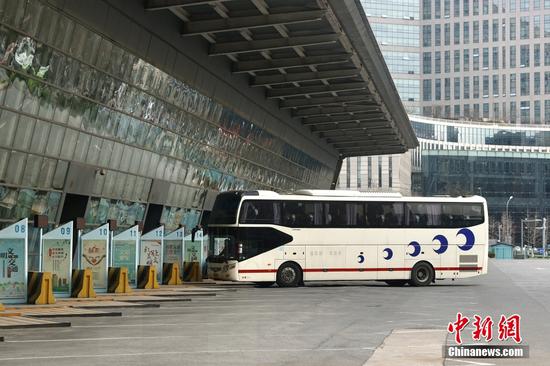




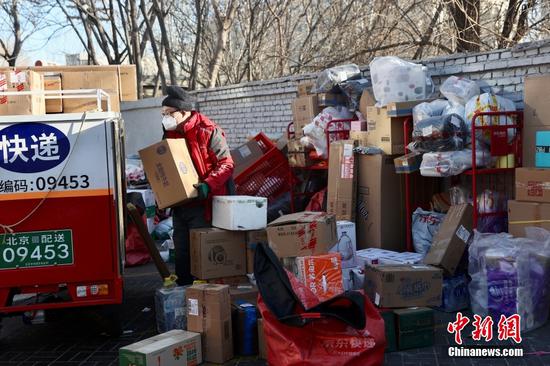





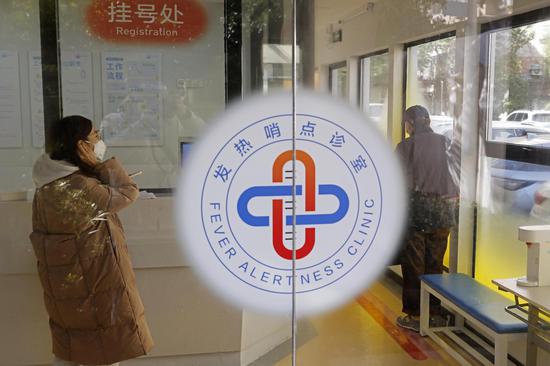





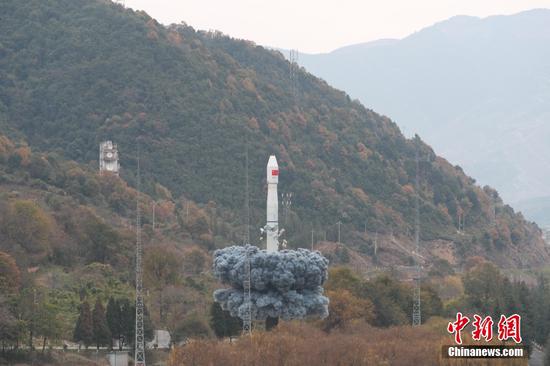
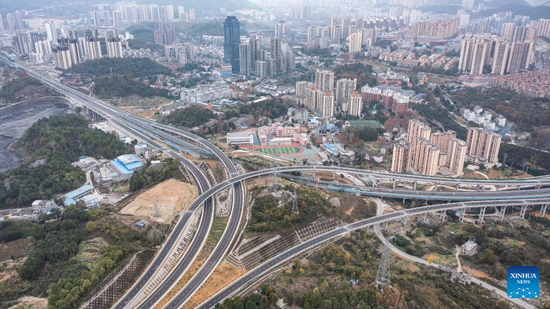
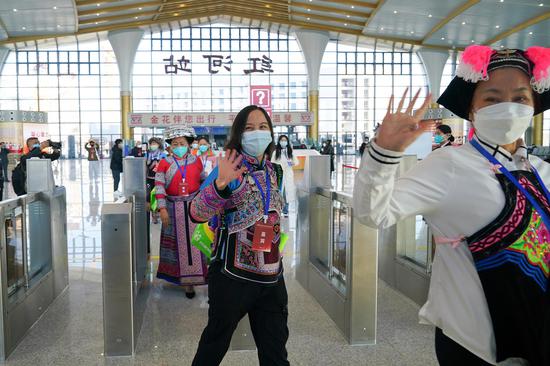

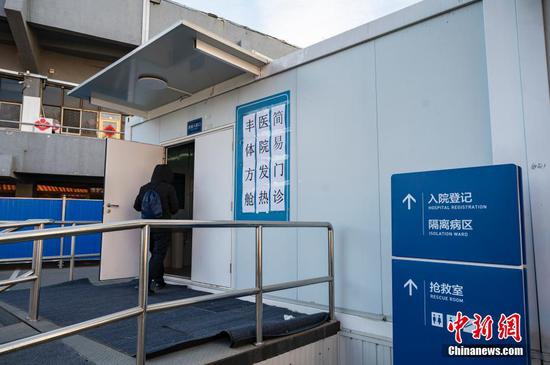


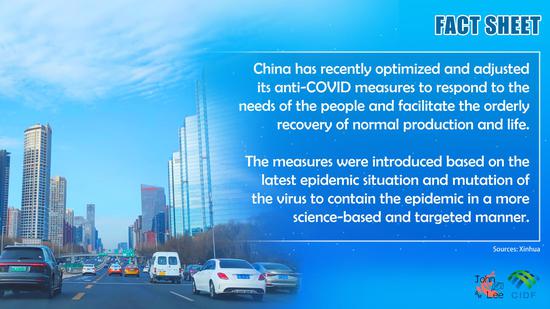



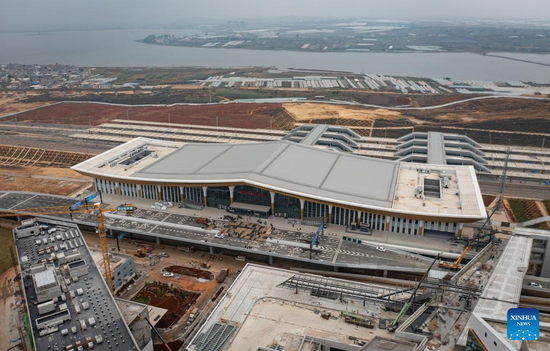







 京公网安备 11010202009201号
京公网安备 11010202009201号